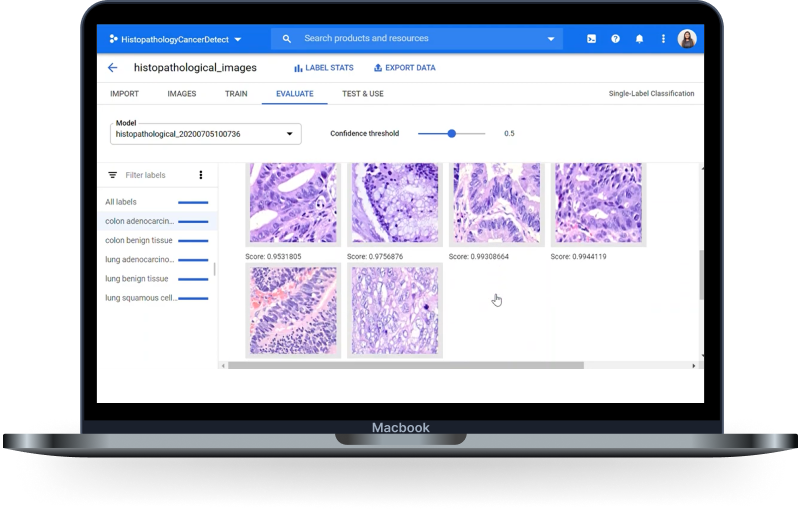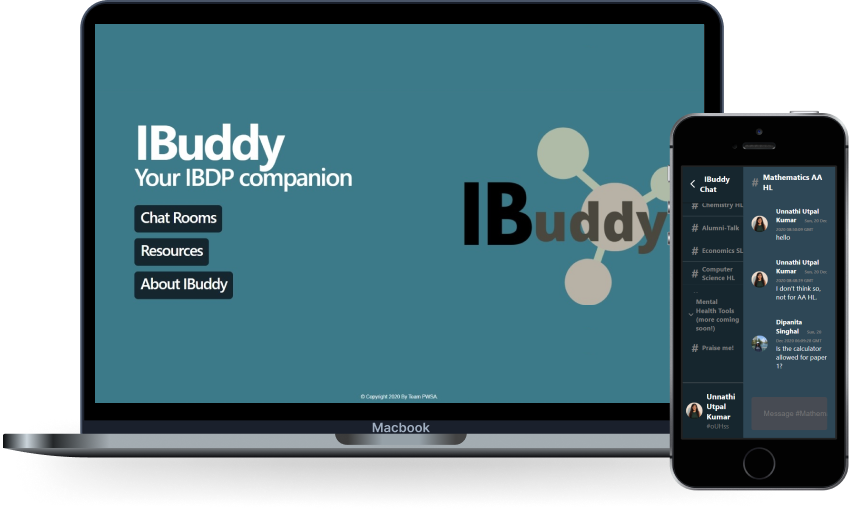Hi there!
I'm Unnathi Kumar, a CS major at Georgia Tech. I'm passionate about solving problems using technology, research, & entrepreneurship
Last Updated: October 2022 | Get in touch unnathikumar@gatech.edu | My Blog
I'm currently an CS major at the Georgia Institute of Technology. I'm the technical lead for the Google Developer Student Club at Georgia Tech. I'm also part of the Flight Delay Prediction team at the Big Data Big Impact club.
I pursued the IB Diploma Programme at Pathways World School, Aravali, where I was named the Valedictorian (highest-ranking student) of my graduating class. My IBDP coursework included IB Mathematics Analysis and Approaches HL, Physics HL, Chemistry HL, Economics SL, English Language and Literature A SL, and Spanish B SL.
I enjoy using technology to solve problems, building some cool things along the way. To this end, I have conducted research on the applications of technology in mental healthcare and developed apps that seek to improve the status quo of underrepresented communities. Furthermore, my internships at rapStudy and NeST Group have enabled me to apply my skills in real-world settings. As a tech enthusiast, I'm particularly interested in human-computer interaction and how the engineering and design of applications can influence human perceptions and decisions. Moving forward, I hope to explore this in greater detail in academia and industry alike.
Alongside programming, I'm passionate about the cause of promoting women in tech. Thus, I serve as the founder and overall coordinator of girls.exe, an initiative to bridge the gender gap in tech. As of May 2022, we've been able to reach over 1000 girls through our events. As a paid mentor at the Wolfram Middle School Summer Camp 2022 (for middle school girls), I have firmed my interest in women in tech even further. I'm also enthusiastic about scientific and literary writing, having worked as a senior editor at Polyphony Lit Magazine and a senior computer science editor at the Young Scientists Journal.When I'm not coding away in front of my laptop, you would find me editing, finishing an assignment, or reading feminist literature.
Work anxiety is linked with decreased job commitment and satisfaction. Yet, work anxiety, like other mental health problems, is not physically diagnosable. The lack of diagnosis and cure of job anxiety leads to lower levels of economic productivity and adds to the mental health epidemic. This study proposes a machine learning model to predict a corporate professional’s level of work anxiety using their tweets by identifying linguistic markers associated with work anxiety. The Twitter API was used to create a dataset of over 15,000 corporate professionals. Thousands of tweets were collected from these users over 3 periods of time (May–August 2019, May–August 2020, and January-April 2021). After conducting sentiment and linguistic analysis, tweets from 90 random users (manually labelled for their job anxiety scores according to the job anxiety scale) were used to train/test an SVM regression model. The model achieved an RMSE of 0.2 and an accuracy of 83%. This approach has the potential to enable early detection of work anxiety and alert individuals about their mental health.
As programmers in the Wolfram Language, we’ve all occasionally spent hours looking through the Wolfram documentation to find functions that’d help achieve our purpose. We’ve all also hoped for an easier way to do this without having to read through all the functions that come up from “search” or aimlessly scrolling through the documentation. Well, we have just the solution for you! While there have been computational explorations of generating code from natural language input using GPT-3 and Python transformers, this has been slightly limited in Wolfram Language (to the best of our knowledge). With that in mind, over the past semester, we created multiple functions where one can input their code’s general requirements in English and output a list of functions that can potentially be used. Even though it doesn’t tell you exactly what to do, it can provide some direction to new programmers looking for inspiration.
In recent years, machine learning has helmed technological innovation with its powerful potential for applications in a wide range of fields. From image classification to natural language processing, machine learning has fundamentally changed our daily lives. Yet, the applications of machine learning in the study of human names (anthroponomastics) have been limited. This could be accredited to the complexity of human names given vast cultural differences and personal preferences, but is still interesting because the existence of personal names, as abstract linguistic symbols for individual people, dates back to 3000 BC and is pervasive as an indispensable part of human societies. In this project, I explore how names can be represented and categorized computationally to create an algorithm to separate human names into first and last by factoring in the cultural origin of the name, and consider its merits and demerits in the process.
This study explored whether a digital role-playing card game, incorporating some of the most common prejudices of body image (like size prejudice, prejudices from the media, etc.) as identified by a digital survey/questionnaire completed by Indian girls aged 11-21, could counter these issues and reduce personal body dissatisfaction.
This study evaluated social media interface design features in their potential to limit the spread of misinformation.



AgriCultured is an Android application to help farmers adopt sustainable farming. It features AI-powered plant disease detection through image recognition, localized weather-based suggestions, scientific farming calculators, reminders, and farming forums.
$1500 Climate Award Winner, Technovation Challenge 2021
Semifinalist for Senior Division, Technovation Challenge 2021
Featured at UNGA Side Event (hear me speak!)
Featured on Yahoo! Finance and Businesswire

I built a machine learning model, using Google AutoML Vision, to diagnose lung and colon cancer from histopathological images, with 99.3% accuracy.
Finalist, Google India Code to Learn Contest 2020

IBuddy is an open community web app for IB students and alumni, with community chat, mental health tools, academic resources, and a CAS activity generator.
It is based on React and Redux, using Firebase as backend.
Third Place, PSN Hackathon
Native Android app to facilitate Giesecke+Devrient Competence Center India's fitness challenge
Native Android app serving as a one-stop for domestic migrant workers in India, with features like a job portal, resources repository, and easy document storing
Native Android app for Yoga practice; second place at Comfest 2020
- Valedictorian, IBDP Batch of 2022
- Chairman's Award (2022)
- Award for Academic Excellence in Physics HL (2022)
- Award for Academic Excellence in Chemistry HL (2022)
- Award for Academic Excellence in English A LangLit SL (2022)
- Award for Academic Excellence in Economics SL (2022)
- Award for Academic Excellence in Spanish B SL (2022)
- Valedictorian, MYP Batch of 2020
- Award for Academic Excellence (2019)
- School Director's Award (2019)
- Award for Outstanding Achievement in Digital Design (2019)
- Climate Award Winner and Semifinalist, Technovation Challenge 2021
- Finalist, ClimateScience Olympiad 2021
- Finalist, Google India Code to Learn Contest 2020
- Gold Award, Commonwealth Essay Writing Competition, Royal Commonwealth Society (2020)
- Olympiad International Rank 6, ISFO English Olympiad (2019)
- Distinction, 95%, German A1 Certificate, Goethe Institut (2019)